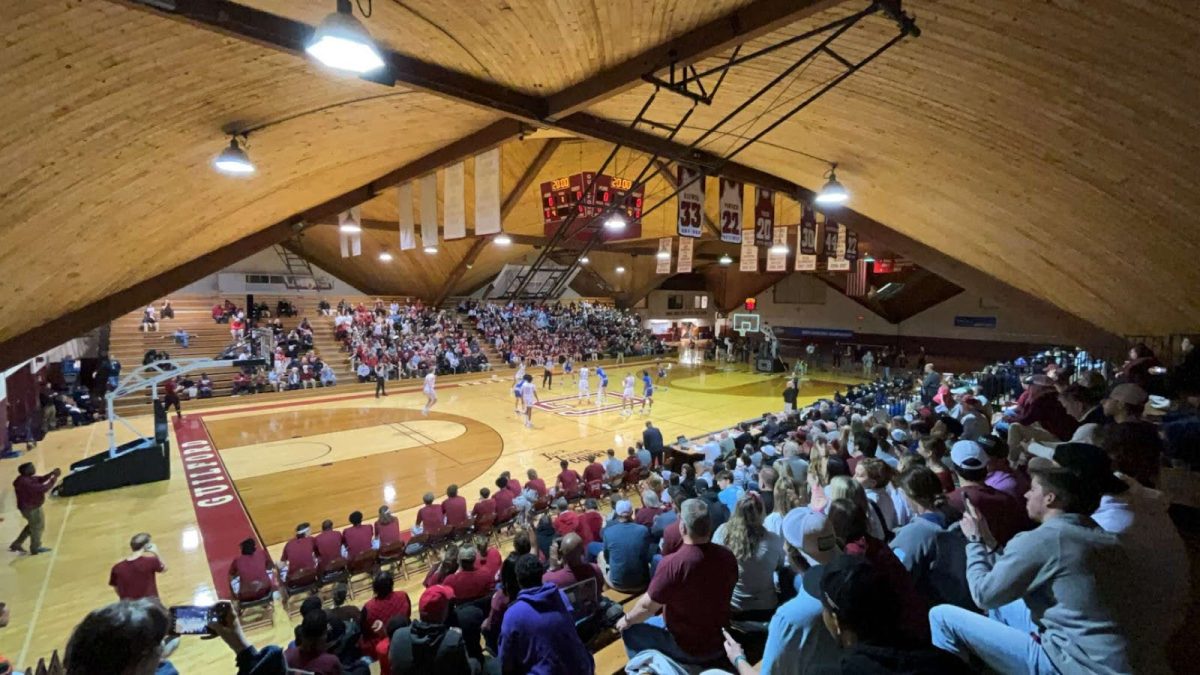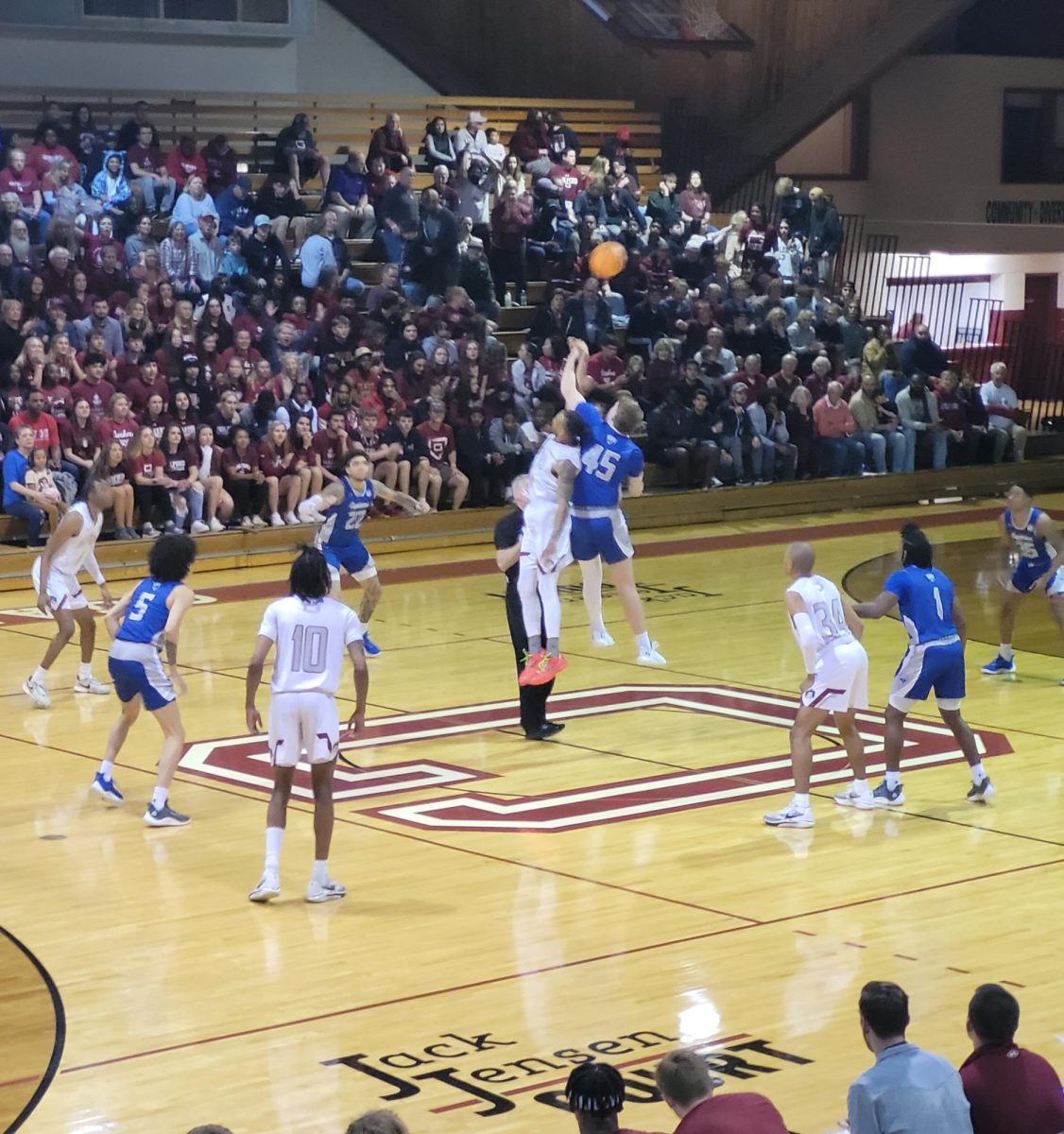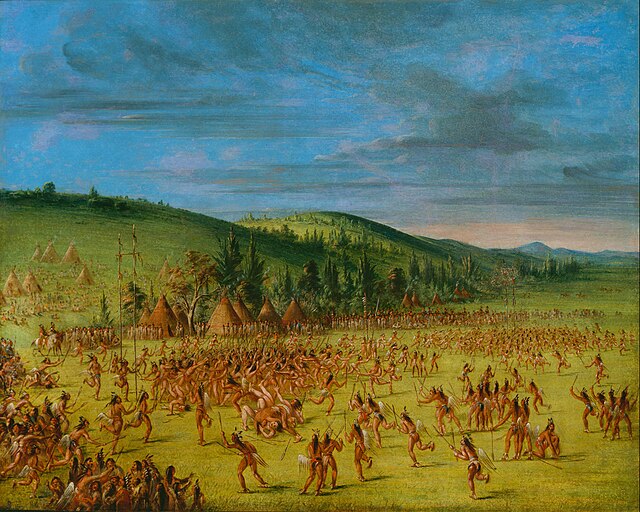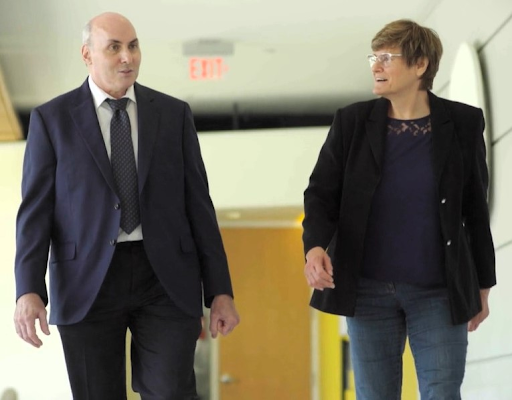No one disputes that on Nov. 3, 1979, neo-Nazis and members of the Ku Klux Klan shot and killed five people, wounding 10, in Greensboro during a demonstration by the Communist Workers’ Party. But beyond that, it is hard to find agreement on anything about the incident.
Nevertheless, the City Council voted 7–2 on Tuesday to approve the placement of a monument to the victims of the shooting, including a controversial phrase referring to the incident as a massacre.
The name is commonly used, but it remains a sticking point for some, including Councilmen Zack Matheny and Tony Wilkins.
Both voted against the measure on the grounds that they opposed the use of the term in question. Matheny proposed alternate wording, including adding the names of the victims (which are not in the original proposal) and changing “massacre” to “shootout.”
“I, respectfully, have some different history that I’ve read, and I think that’s fair … I’m not asking for, necessarily, a compromise, I’m asking for consideration,” Matheny said.
He received little support, however, and some of the crowd even booed.
In 1979, the CWP had been in the area trying to organize its impoverished and largely African-American textile workers. They organized a “Death to the Klan” demonstration on Nov. 3 in a local housing project.
Midway through the rally, Klan and neo-Nazi gunmen opened fire.
Greensboro has wrestled for years with tough questions about the events of Nov. 3, and passions ran high during the meeting. A long succession of citizen speakers forcefully denounced the idea of altering the monument’s phrasing, and many in the crowd broke into a standing ovation when the measure was passed with the wording intact.
Central to the controversy is the fact that not all of the Communist demonstrators were unarmed, although by most accounts, the Klan and neo-Nazi aggressors sported considerably more powerful weapons, and no members of their groups were killed. The shooters were acquitted of wrongdoing by an all-white jury.
But many in Greensboro’s civil rights and social justice communities insist that the incident should be called a massacre. Patricia Priest, chairwoman of Beloved Community Center, urged Mayor Nancy Vaughn to keep the original wording.
“(The incident was) a massacre of one group that was in no way prepared to defend itself from a heavily armed Klan and Nazi caravan that drove across the state for the purpose of attacking the march,” Priest said in a letter.
A key point raised by many speakers was the alleged indifference of law enforcement to the potential for violent confrontation at the rally, particularly since they had been warned about it by informants embedded within white supremacist groups.
“The Greensboro Police Department, the FBI and the BATF had foreknowledge that the Klan and Nazis planned a violent attack on the Nov. 3 rally,” said Sydney Waller-Foxworth, widow of shooting victim Jim Waller, in an emotional speech. “It seemed that almost everyone knew about the attack in advance except us.”
A federal jury agreed and found the Greensboro Police Department liable for the demonstrators’ deaths in 1985, but the department has never issued a formal apology.
It is not the kind of event that most Greensburghers like having associated with their city.
“For us and people who come after us, future generations, for there to be this tangible sign of history,” said Sherry Giles, professor of justice and policy studies.
“And it was a tragedy, and if we don’t look at it, study it, talk to each other about it and create greater understanding, something like that can happen again.”












